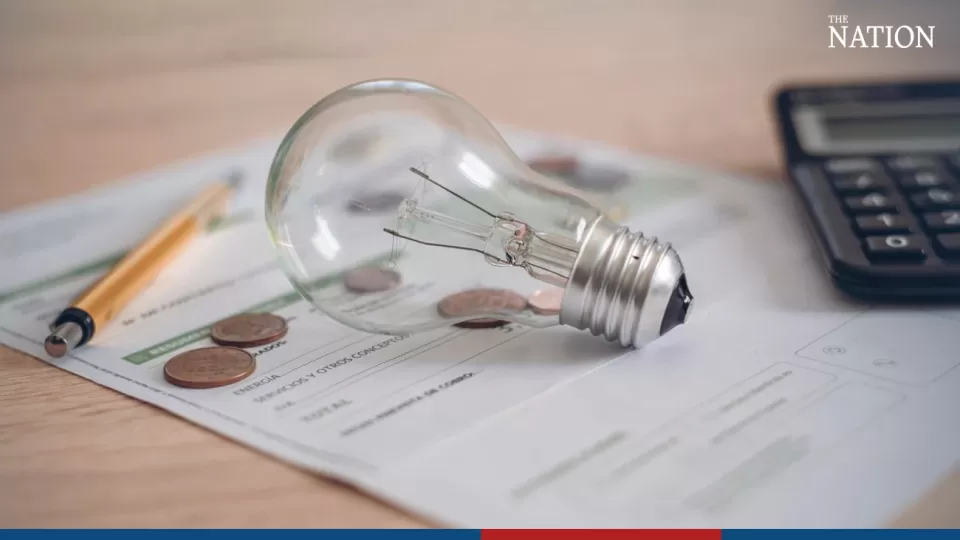December 8, 2023
BANGKOK – This call was among the key requirements presented by the Joint Standing Committee on Commerce, Industry and Banking (JSCCIB) at its monthly meeting on Wednesday.
The new electricity rates, set by the Energy Regulatory Commission for January to April at 4.68 baht per unit, a 0.69 baht increase from the current rate of 3.99 baht, have sparked concern among business leaders.
Kriengkrai Thiennukul, chair of the Federation of Thai Industries (FTI), estimated that the new rates would immediately increase manufacturing costs by 17%.
Though not all manufacturers will raise their product prices, a significant number are expected to implement a 5-10% increase, he warned.
In addition to impacting manufacturing costs, the high electricity rates are also seen as a threat to Thai exporters’ global competitiveness.
Foreign companies have, meanwhile, expressed confusion and difficulty in managing operations due to uncertainties in electricity prices.
The JSCCIB, meanwhile, has urged the government to extend the current price for another four months, while initiating comprehensive reforms to the country’s electricity infrastructure. These reforms include the liberalisation of the installation of electrical transmission lines as well as amendments to the price rate reference.
The JSCCIB statement said that even though the Energy Ministry is likely to reduce the price to 4.20 baht, the rate is still higher and is sparking concerns.
Kriengkrai said the appropriate price of electricity should fall within the range of 2.70 and 3.30 baht per unit. He also urged the swift establishment of the Energy Regulatory Commission to address systemic issues.
Beyond electricity concerns, the JSCCIB is seeking government collaboration in resolving household debt issues.
Payong Srivanich, president of the Thai Bankers’ Association (TBA) and JSCCIB member, acknowledged the government’s efforts to register all debtors nationwide but emphasised the need for mechanisms to solve the issue permanently by generating sustainable income.
This necessitates discussions with both banks and non-banks in Thailand, he said.
Meanwhile, Sanan Angubolkul, chairman of the Thai Chamber of Commerce, urged the government to expedite free trade agreement (FTA) negotiations, especially those with the European Union, to secure the country’s growth amid a global slowdown.
He also emphasised the importance of reskilling and upskilling Thai workers and nurturing domestic talent.
The JSCCIB maintains its economic growth projection of 2.5-3.5% for Thailand this year, in line with positive signs in exports, a slight increase in public spending and an expanding tourism industry. The committee anticipates the growth trends to continue at 2.8-3.3% next year, driven by improved exports, implementation of the digital wallet scheme and increased tourist arrivals.


